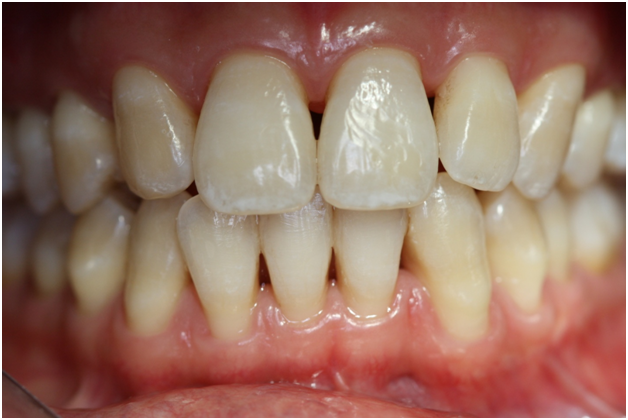HOW CAN I KEEP MY TEETH FOR LIFE?
By Dr. Henry Wong Meng Yeong | Monday, March 31 2014

My earlier editorial highlighted the change in life expectancy at birth on the need for keeping one’s natural teeth for an extended lifespan. The lifespan of Singaporeans in 2011 compared with the lifespan in 1960 has increased by a third.What are the implications of this change? It simply means that someone living in 1960 whose average age was 63.7 years would in all probability die with all their teeth intact whereas for someone living today, with an extended lifespan will have to work harder to maintain their teeth till death. Therefore if one is to keep one’s teeth for life, one will have to actively avoid tooth loss and recognize early the signs which lead to it.
Before we examine the signs to lookout for, we will have to dispel 7 myths relating to tooth loss:
Myth #1
That tooth loss is a natural aging process.
This is a commonly held misconception that teeth drop out with age. They do not if one is in good health with no associated inflammatory diseases related to aging, such as cardiovascular disease, diabetes and arthritis.
Myth #2
That if I have no tooth decay, I will not lose my teeth.
Tooth decay or caries is no longer a scourge with fluoride in tap water and toothpaste. Public health efforts to reduce sugar consumption have succeeded in arresting decay. Statistics show that in Singapore, the number of decayed teeth in children entering adulthood has been on the decline. Rampant caries is today rare.
Periodontal or gum disease remains the primary cause of tooth loss and not decay.
Myth #3
That I will lose a tooth with every pregnancy.
Not if you do not have periodontal disease when you are pregnant. Periodontal disease is amplified with the change in hormones during pregnancy. Periodontal disease during pregnancy is associated with a one in seven chance of getting a low birth weight baby and or premature birth.
Myth #4
Tooth loss caused by periodontal disease cannot be stopped.
Periodontal disease is not a death sentence. Success in saving periodontally-involved teeth will depend on how early treatment is sought. The earlier it is detected and treated, the better the chance of arresting the disease and tooth loss.
Myth #5
That implants are better than teeth as they do not fail
Implants are meant to replace missing teeth not teeth. They are not a viable alternative to replace healthy natural teeth much as you would never consider amputating your healthy legs to replace them with prostheses or so that you can enjoy being in a state-of-the-art wheelchair.
Myth #6
That implants are easy to maintain and last for life.
God gave us teeth which are easier to maintain and clean than screws. If you lose your teeth because of periodontal disease, you could lose your implants the same way.
Myth #7
That periodontal disease has no effect on my general health.
There is a large body of evidence linking periodontal disease with systemic diseases (such as cardiovascular disease, diabetes and arthritis) and vice versa.
